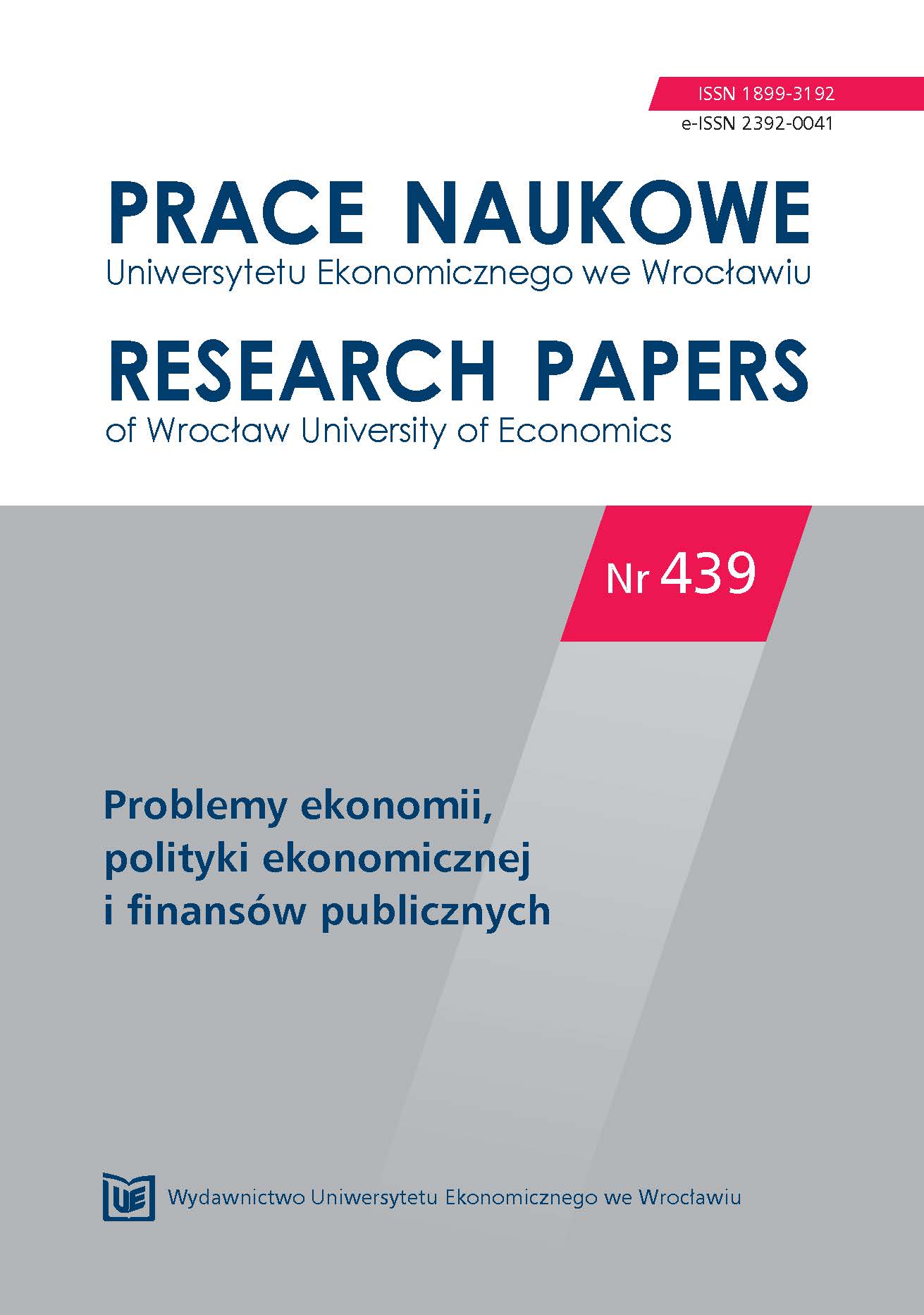Ekonomia pracy. Teoria godziwych wynagrodzeń
Economics of labor. Theory of fair remuneration
Author(s): Jurij RenkasSubject(s): Economy, National Economy, Socio-Economic Research
Published by: Wydawnictwo Uniwersytetu Ekonomicznego we Wrocławiu
Keywords: economics of labor; capital; fair remuneration; economic constant; salary range
Summary/Abstract: From a fundamental accounting principle of duality follows that capital is an abstract category, defined as the ability to perform work. The study of abstract nature of capital reveals important features, in particular that capital is a potential and undergoes spontaneous scattering. Developing a model of measuring human capital and consideration of the spontaneous dispersion of capital led to the conclusion that the fair remuneration had to balance the natural dissipation of human capital. Research shows that remuneration is determined by the percentage of capital. This percentage is the size of random, whose average value is 8% per annum [1/year]. The analysis of the level of remuneration shows that human capital is preserved and there is its depreciation. This average is also the economic constant of potential growth. Issues of capital measurement and fair remuneration are part of the emerging economics of labor.
Journal: Prace Naukowe Uniwersytetu Ekonomicznego we Wrocławiu
- Issue Year: 2016
- Issue No: 439
- Page Range: 284-301
- Page Count: 18
- Language: Polish

